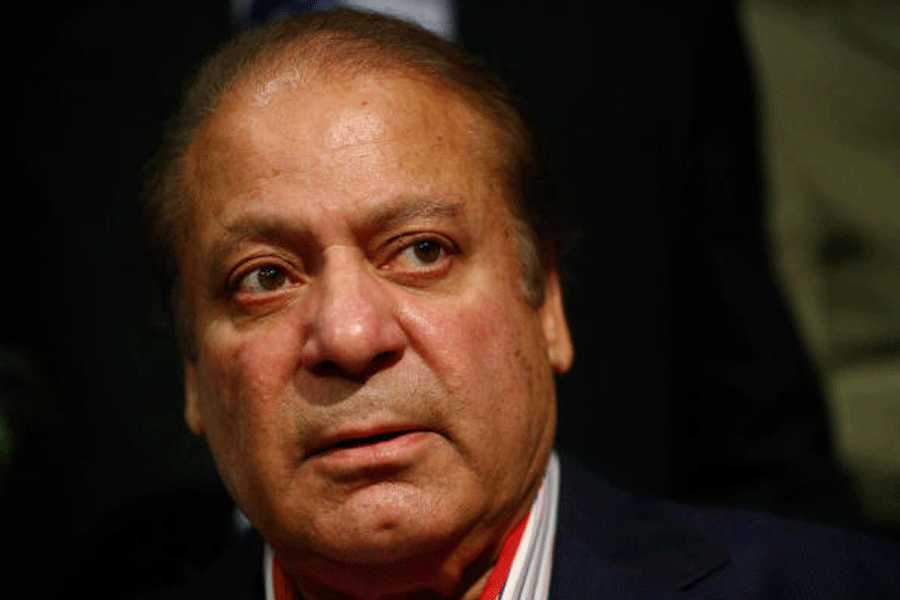Pakistan’s Supreme Court on Monday scrapped lifetime bans from contesting elections for people with past convictions, Chief Justice Qazi Faez Isa said, giving Nawaz Sharif the chance to become Prime Minister for a fourth time.
Sharif’s party, the Pakistan Muslim League-Nawaz (PML-N), is considered a frontrunner to win the election scheduled for February 8, with his main rival, former Prime Minister Imran Khan, in jail and barred from contesting the polls for five years.
A 2018 judgment by a five-member bench of the apex court had declared that Sharif’s disqualification under Article 62(1)(f) was for life, but changes made in the Elections Act 2017 on June 26, 2023, by a coalition government led by Pakistan Muslim League-Nawaz (PML-N) restricted it to a five-year term only.
While Sharif was not an applicant in the latest case, which was filed by other banned politicians, the verdict makes him eligible to contest the polls as more than five years have elapsed since his 2017 conviction.
In his ruling, Isa said: “It is beyond its scope.”
Khan, 71, whose party won the last elections in 2018, will not benefit from the ruling as it abolishes only lifetime bans, which means the cricketer-turned-politican remains disqualified until 2028.
The bench with a 6 to 1 split judgment abolished the lifetime disqualification and thus went against the judgment of its five-member bench which in 2018 had ruled in favour of lifetime disqualification.
The bench comprising Chief Justice Isa and Justices Syed Mansoor Ali Shah, Yahya Afridi, Aminuddin Khan, Jamal Khan Mandokhail, Muhammad Ali Mazhar and Musarrat Hilali had reserved judgment on Friday after concluding the hearing of multiple petitions.
Justice Afridi differed from the other six judges and wrote a note of dissent in favour of life-long disqualification. The verdict has determined the controversy around the period of disqualification under Article 62(1)(f) of the Constitution and the Elections Act 2017.
Sharif, the 74-year-old former Prime Minister and also a frontrunner for the fourth term in the elections, was disqualified in the Panama Papers case in 2017. The outcome of the hearing has decided the political future of both Sharif and Khan as well as many other politicians.











